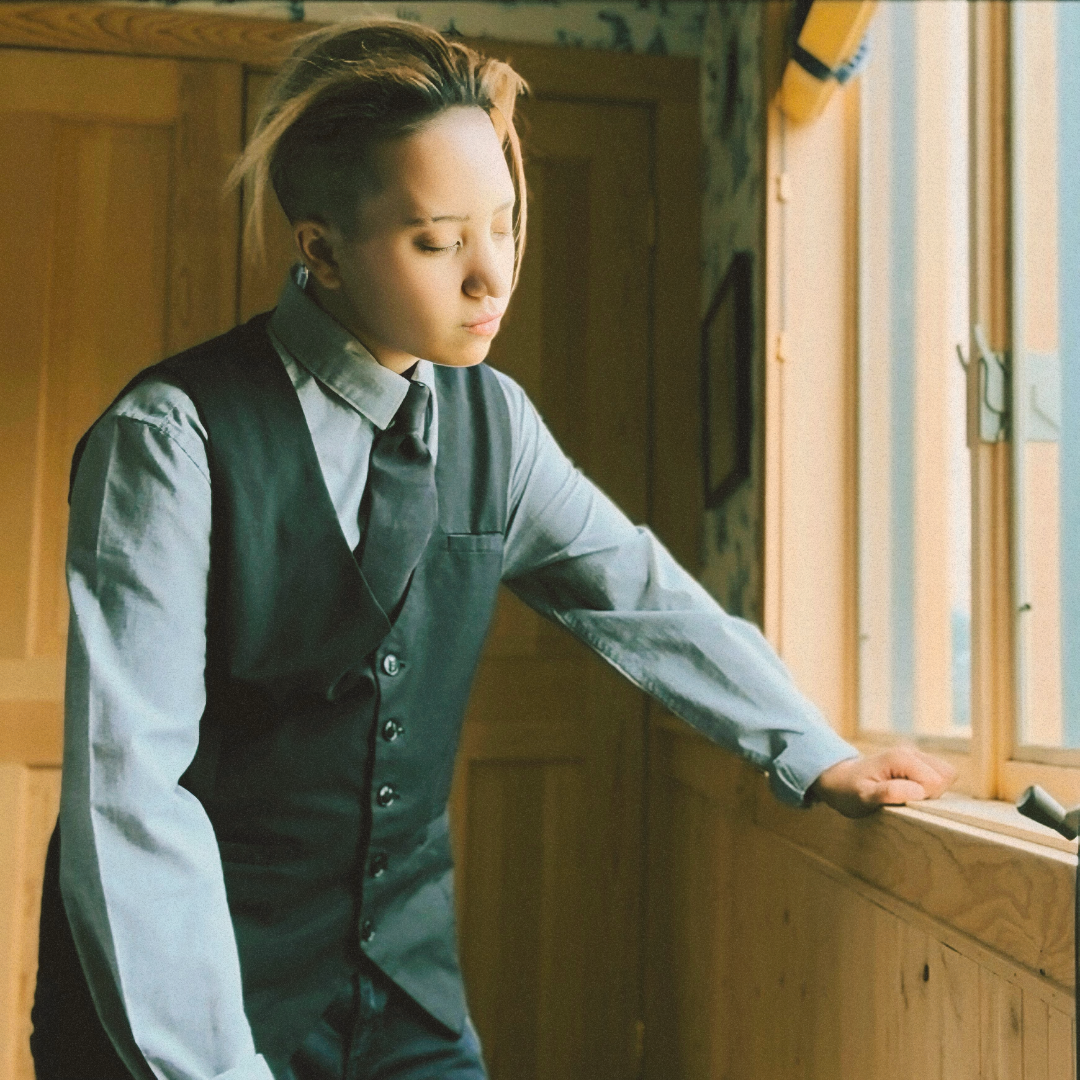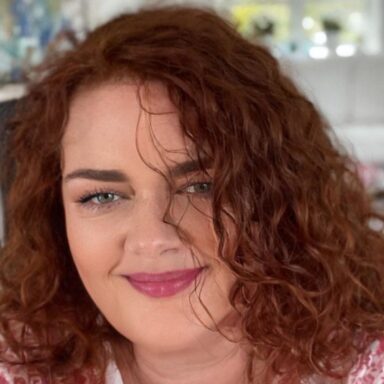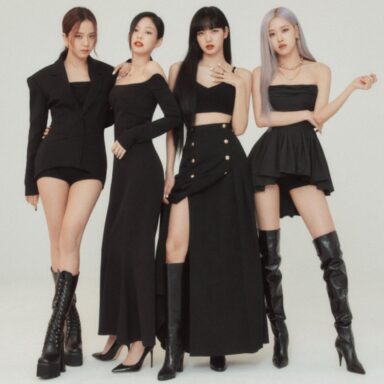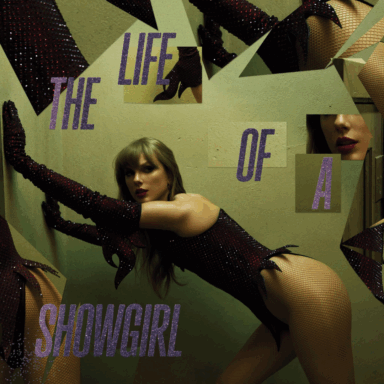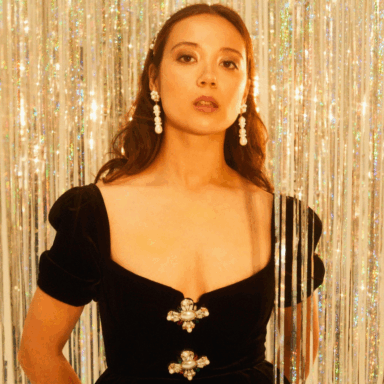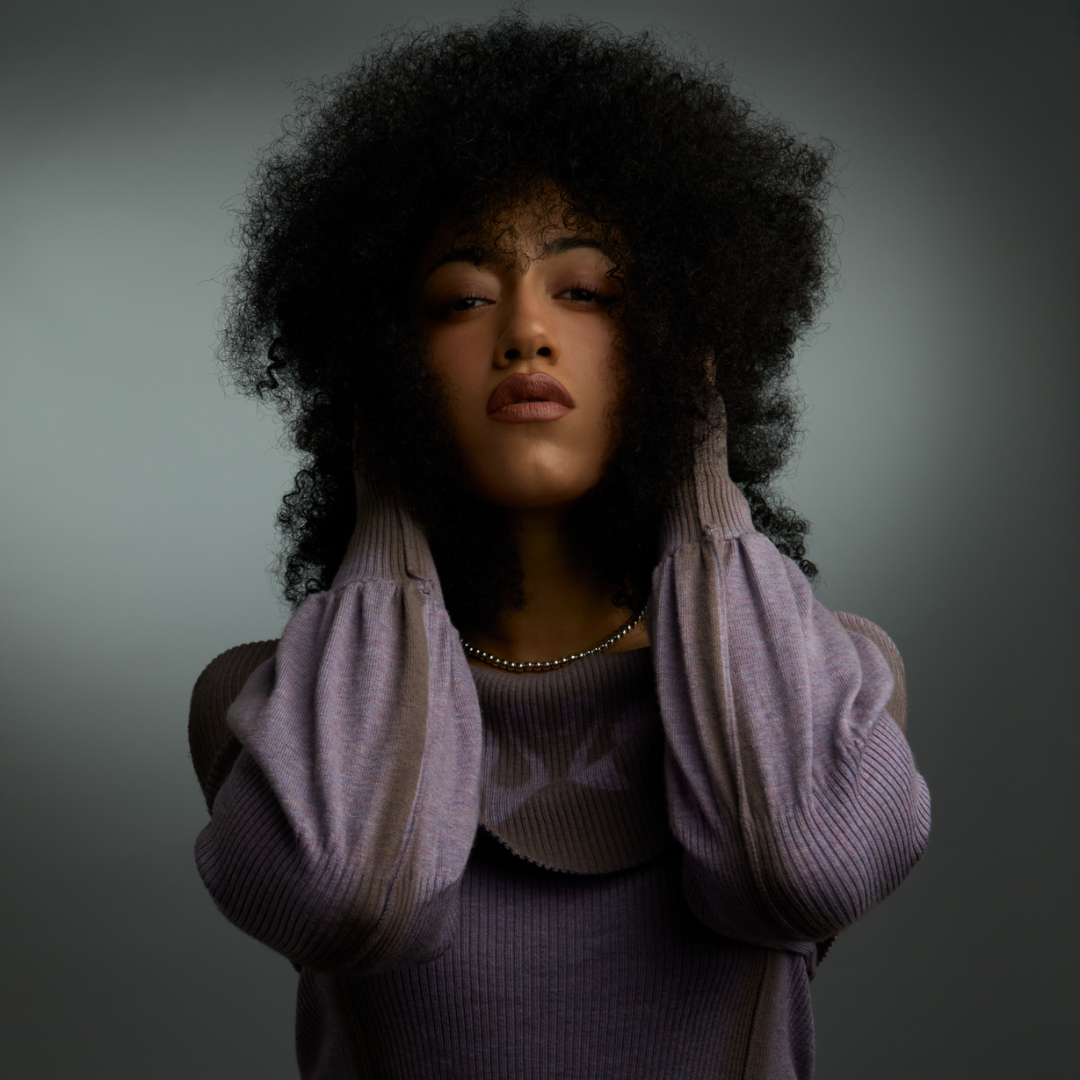Rising alt-pop artist XTINE has opened up about the raw inspiration behind her latest single “Nobody Stays”, the deeply personal process of confronting Borderline Personality Disorder, and her mission to give voice to the silent struggles so many face.
Having grown from humble beginnings writing songs on GarageBand at age 11, to now standing as a bold new voice for Gen Z, XTINE’s trajectory is driven not by fame, but by healing—both hers and her listeners’. In our conversation, she breaks down how music became a lifeline during childhood bullying, how her BPD diagnosis shaped her identity, and why she’s no longer afraid to speak the truth.
Read the full interview below:
GarageBand has played a big role in your musical journey by giving you the start that you needed. Do you ever think about creating a similar initiative for teenagers?
I’ve honestly never considered that idea before, but I think it’s fantastic. I would be genuinely excited to develop a tool like that and launch a similar initiative, especially one designed to help and inspire teenagers!
During your time in school, you faced bullying. A lot of artists have also gone through it and have raised the issue in their music, such as Pink. Do you plan on reflecting that part of your life in your music as well?
I do. What I truly love is creating a song that people can see themselves in—a song that makes them feel heard, understood, and uplifted, giving them a sense of hope and strength to carry forward.
What’s one stigma you think all artists with Borderline Personality Disorder face?
People think we are manipulators, and abusive. BPD is different for everyone, and what people fail to know is that BPD is treatable. I worked intensively in therapy for years treating this, and I can say now that it is fully managed. You can have BPD and have a healthy, long-term relationship that is stable.
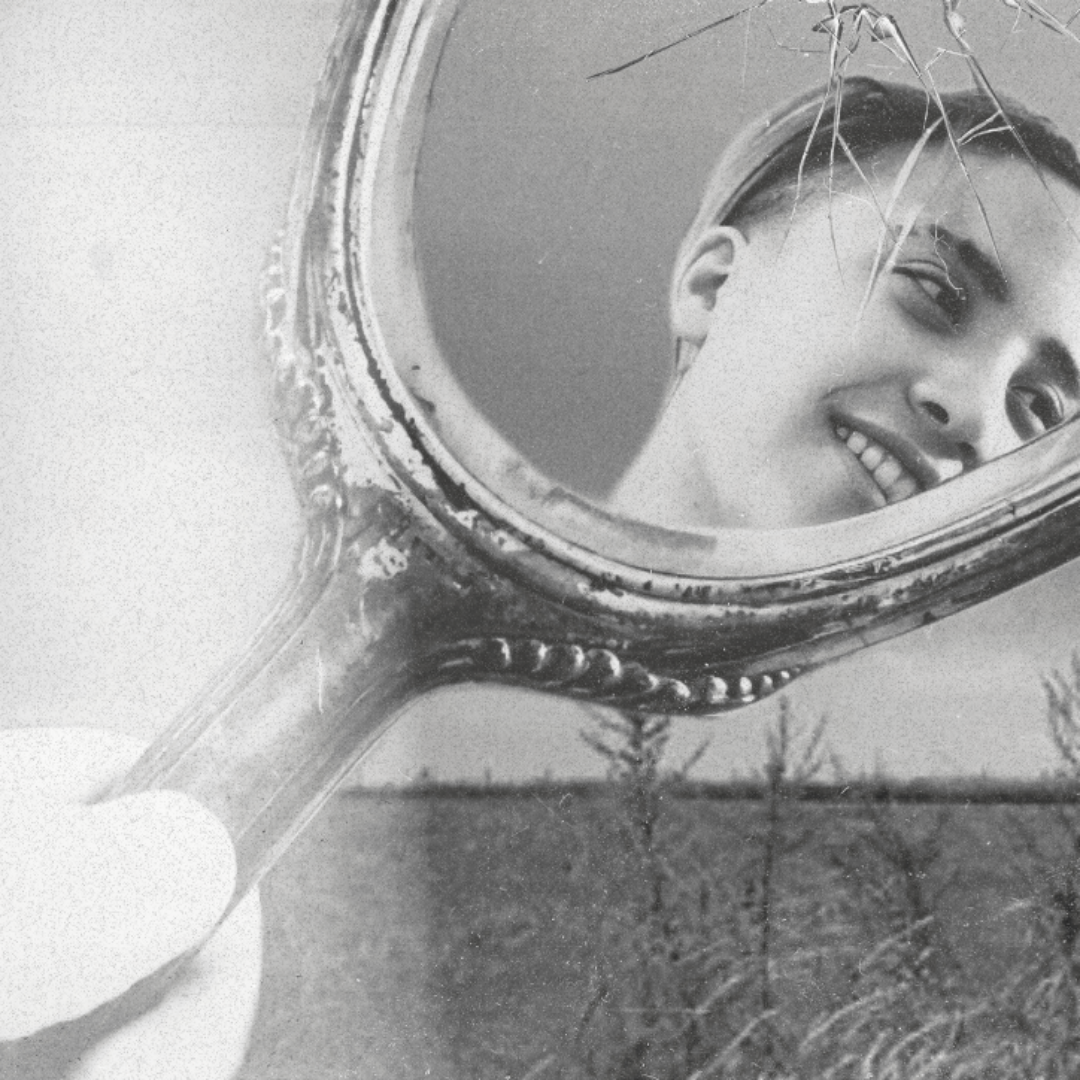
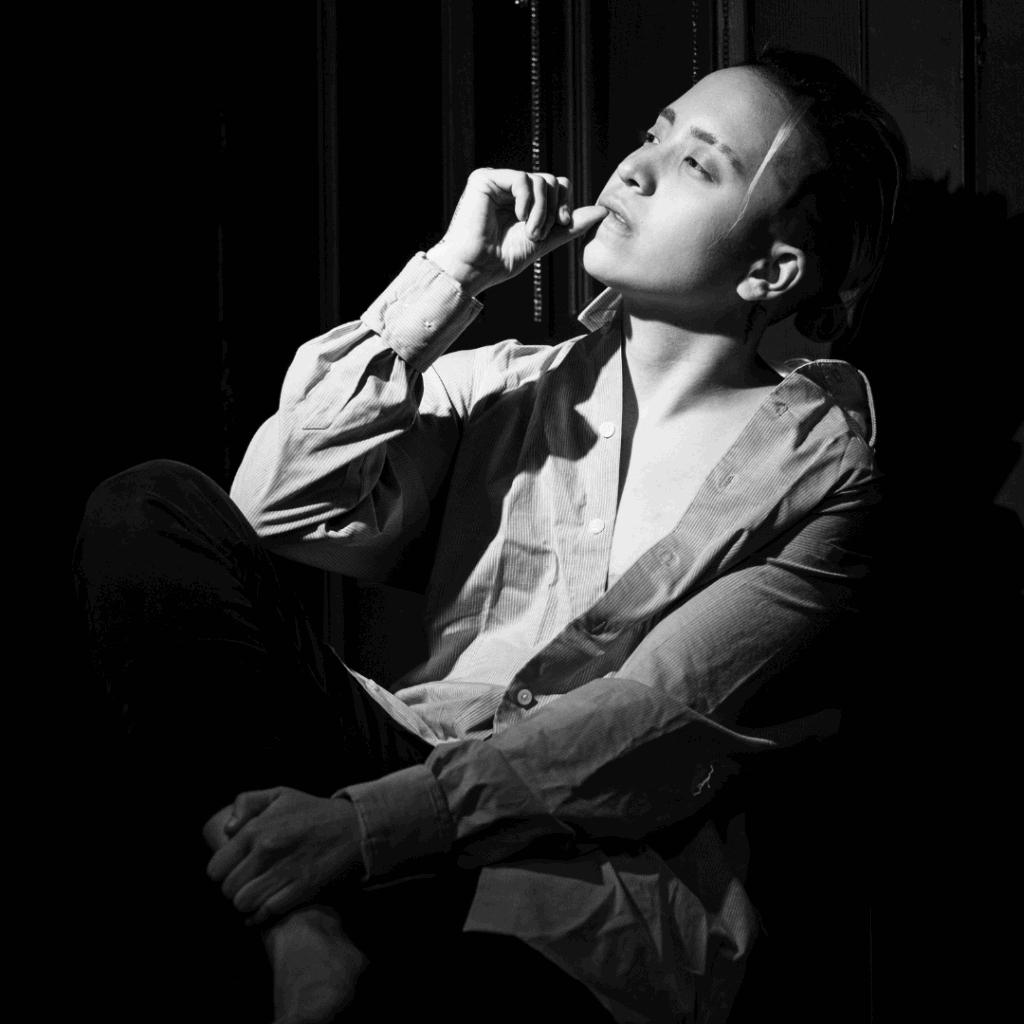
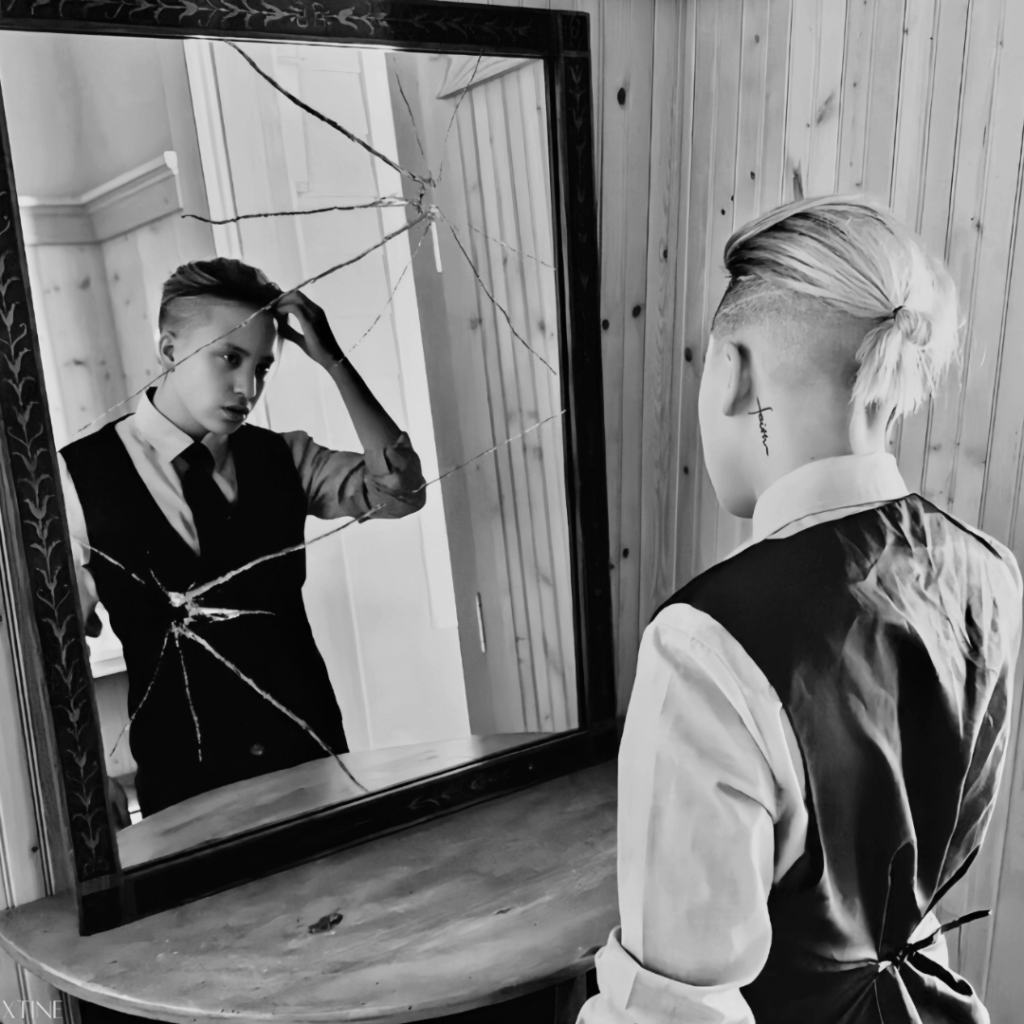
How emotionally challenging was it for you to write “Nobody Stays”?
Writing “Nobody Stays” was very emotionally challenging for me. I was in a very toxic relationship where I was not cared for, and when I communicated, there was silence. My BPD was severely misunderstood, which happens when a person does not want to put in the effort to understand, so I was dying to feel seen, to be heard, and understood. I felt like I had no more voice, so this time I would try with music.
It was very emotionally challenging for me because of the circumstances I was in, so the creative process consisted of a lot of tears and intense emotions. I was very hesitant to even write a song about something so personal and intimate. But when I realized I could be a voice and comfort for others who feel the same as me, I knew I needed to make this song and not hide anything at all in my lyrics.
Since the song touches upon the issue of feeling like you lose people close to you due to Borderline Personality Disorder, how did those close to you react to “Nobody Stays”?
I first shared this song with my family, then with friends, and even with some of my old high school teachers who had supported my music from the very beginning of my journey. The reaction was the same across the board—everyone was in awe, pleasantly shocked in the best possible way. Until then, only my parents knew I had BPD, so opening up to the rest of my family about it felt deeply vulnerable. But their response was nothing short of beautiful—they were incredibly supportive, understanding, and moved. They told me how powerful it was for me to channel something so personal into a song like this.
Who was the first person to listen to “Nobody Stays”? What was their reaction?
My mom was the very first person to hear the song. She knows me—and my BPD—more deeply than anyone else, so her reaction was powerful. Tears filled her eyes, her voice broke with pride, and she told me how much she loved it. In that moment, I could feel just how much it meant to her, and her response meant everything to me.
What is the next big issue you plan to speak about in your music?
The next major topic I want to explore in my music is toxic love. It’s an issue I feel doesn’t get enough attention in songs, yet it’s something I’ve personally struggled with in every romantic relationship I’ve had. My goal is to shed light on it, to help people recognize it, and to create something they can connect with—so they know they’re not alone in what they’ve experienced.
Gen Z is becoming more and more vocal about issues of mental health and awareness. Would you call yourself the voice of the generation?
I do see myself as a voice for this generation. From the very beginning, my dream in music has been to speak for those who feel unheard, to create songs that let people feel truly seen and understood. At the heart of it all, I just want to touch as many hearts as I can and leave this world knowing I brought light and comfort to someone’s journey.
